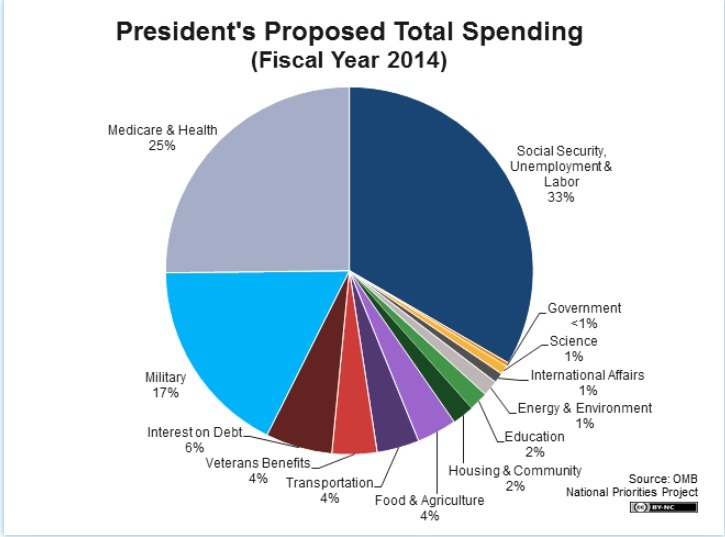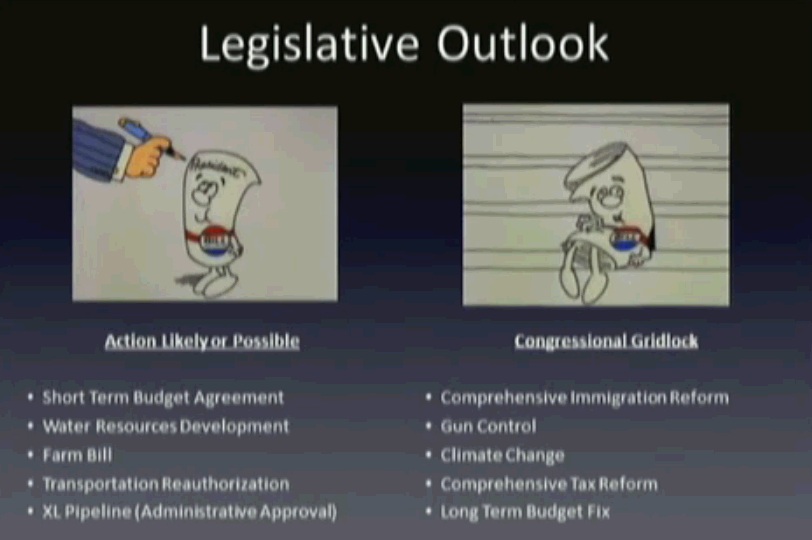Turlay’s criticism of federal spending criticized by Leavitt

We know Vancouver City Councilor Bill Turlay doesn’t believe in global warming, because as a fighter pilot he “worked where weather is made” and “weather, over a period of time, is climate, so I think I have a pretty good idea how climate works.”
But it sounds that he, along with conservative pundits such as Rush Limbaugh, endorses the idea global warming stopped being a problem years ago, a claim that has been widely scoffed at for reasons summed up here.
All of this is background for comments Turlay made during a Dec. 2 workshop with the city’s lobbyists, excuse me governmental affairs liaisons, regarding the 2014 state and federal legislative agendas.
State liaison Mark Brown was wrapping up his presentation and apologizing to federal liaison Joel Rubin for cutting into his time when Turlay interrupted Brown and started talking about the federal highway trust fund.
Turlay’s problem was “they are not just doing bridges and roads anymore and highways anymore,” he said. “They are doing sustainable communities, biking trails, hiking trails and light rail.”
But what really “sticks in my craw,” he said, was that the federal government has spent billions of dollars researching “climate science.”
“Actually in the last 17 years we’ve had no global warming,” he said.
“The federal government has the wrong priorities,” Turlay said. “We should have gotten money for our infrastructure all over this country. This is something we really need to hammer on.”
He went on to say the federal government should be paying a bigger share for the Columbia River Crossing, but before he went too far down that hole Mayor Leavitt got the conversation back on track.
“Mr. Turlay, please,” Leavitt said. “Mr. Hansen, questions on state budget issues for Mr. Brown?”
Following Rubin’s presentation, Leavitt said he wanted to reflect on a chart showing a breakdown of the federal budget.

“This has been the case for quite some time,” Leavitt said. The vast majority of the federal budget goes to programs that Congress has chosen to make untouchable, he said.
“So when there’s a lot of talk and conjecture and rhetoric about ‘the federal government needs to cut spending’ you know, unless you have elected officials that are willing to tackle Social Security, Medicare and military,” it’s not going to make a difference, Leavitt said, somehow refraining from naming names.
Transportation only accounts for 4 percent of the budget, he pointed out. (“Energy & Environment” accounts for 1 percent).
The issues that make up such a small percent of the budget “should not be the subject of conversation when it comes to federal spending and cuts,” Leavitt said. “We really need to tackle these big-ticket items if we’re going to make a difference.”
Rubin said even if Congress eliminated all discretionary domestic spending, there’d still be a $150 billion deficit.
“A lot of our programs are on auto-pilot and the Congress hasn’t really done much to address some of the long-term fiscal problems we have,” and it will only get worse with the number of Baby Boomers reaching retirement, Rubin said.
While Leavitt wanted to emphasize the pie chart, here’s my favorite page from Rubin:

